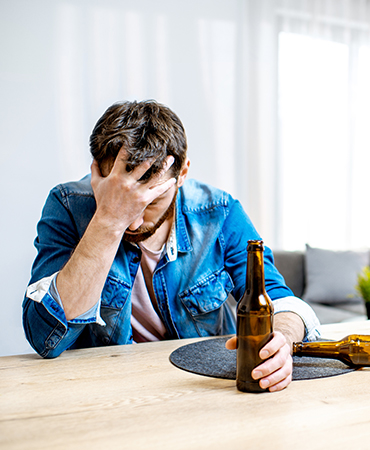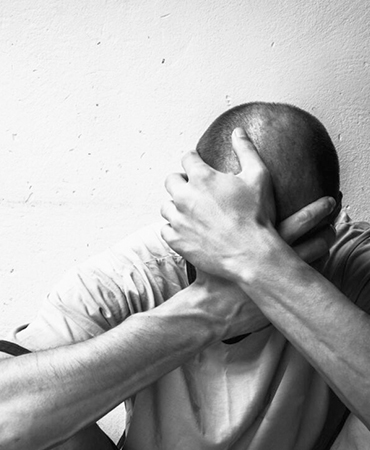May 8, 2023
Signs of a relapse


A relapse doesn't commence when we actually use the substance; it initiates with thoughts and actions. The act of using the substance is the culmination of the relapse process. Here are behaviors to be mindful of. You can avert a relapse by identifying warning signs and taking responsibility to safeguard yourself.It can be deceptive to convince oneself that you can handle drinking in a "responsible" or controlled way, perhaps only on weekends, while ignoring the fact that stopping after one glass or bottle is impossible. If your preferred substance was drugs, you might believe that alcohol isn't your issue, only to discover that after your second drink, you've already contacted your dealer. Any substance altering your mind will ultimately guide you down a similar destructive path. Keep away from social events where you know people will be drinking, Phuza Thursday at the pub, Friday office parties, Braai’s with friends, don’t tell friends or family its ok to drink next to you, it is not. It is your responsibility to keep your surrounding safe for you.

While loved ones may feel deceived, it's essential to acknowledge that you've deceived yourself even more profoundly. This can involve denying the true extent of your addiction, convincing yourself of control, attempting to use less, or disregarding the actual impact of the havoc you've caused in your life.
Once you realize that you're manipulating those around you or that dishonesty is resurfacing as a pattern, it's a clear indication that you're facing significant challenges.

Reacting excessively, feeling consistently frustrated, and experiencing irritability might evolve into a recurring behavioral pattern. You might find yourself angry at the world at large (government, road conditions), a specific individual, and frequently even at yourself.
Many of us act out of underlying fear, anxiety, shame, or guilt. It's important to recognize if you're masking these emotions with anger. When anger and resentment transform into rage, it can escalate beyond your control. This loss of control has the potential to extend to other aspects of your life, triggering emotions of loneliness, tension, and frustration. These combined factors can disrupt your balance and propel you into a spiraling feeling of being out of control, leading you to believe that drinking and substance use are the only means of escape.

The journey towards healing begins with self-care, encompassing your well-being, your surroundings, and your progress in recovery. Warning signs may emerge when your daily routines lose structure, nutritious meals are substituted with junk food, your sleep patterns become irregular, you struggle to honor appointments and commitments, you withdraw from loved ones, and powerful emotions like frustration, fear, or anxiety overwhelm you, leaving you feeling rushed and burdened. You might even sense being trapped with no escape route.
Prioritize yourself and your recovery above all else, for they form the foundation of your progress.

If you begin persuading yourself and those around you that you will never drink again, the sense of urgency to continue with recovery therapy might dwindle. You could contemplate discontinuing professional counseling despite recognizing your need for assistance.
Alternatively, you might deliberately generate conflict and tension within the therapeutic setting, providing a pretext to terminate the treatment. It's crucial to remind yourself that while you have the capacity to overcome challenges, trying to do so in isolation might not yield success.

You might have found plausible reasons and justifications for seeking solitude. Perhaps strained relationships have led you to distance yourself, or you believe that isolation from friends reduces the risk of relapse. Nevertheless, isolation can result in unhappiness, sparking notions of inadequacy and worthlessness, along with a perception that nobody cares. Loneliness can evolve into depression, causing feelings of being trapped and overwhelmed. Avoidance reinforces the notion that life is unjust, fueling thoughts such as "I've given my best, but things aren't improving," or "what's the purpose of it all?" This can pave the way for the belief that things are already so dire that turning to alcohol is justifiable since they can't worsen.
Embracing a victim mentality and indulging in self-pity can detrimentally impact not only your sobriety but also your self-esteem and confidence in your capabilities.

24/7 Contact: +27 79 465 4556
Yonit: +27 82 447 6727

admin@journeycentre.co.za
yonit@journeycentre.co.za

12 Douglas Crowe Drive, Dolphin Coast, Ballito